Explore Delicious Vegan Dairy Alternatives Today
Introduction
In recent years, the rise of plant-based diets has brought an array of vegan dairy alternatives to the forefront of culinary innovation. Whether you’re vegan, lactose intolerant, or simply looking to reduce your intake of animal products, these alternatives offer a delicious and nutritious substitute for traditional dairy products. This article explores the wide variety of vegan dairy options available today, highlighting their benefits, uses, and how to incorporate them into your daily diet.
The Shift Towards Plant-Based Diets
The shift towards plant-based diets is driven by several factors, including health concerns, environmental awareness, and animal welfare considerations. Studies have shown that reducing animal product consumption can lower the risk of chronic diseases, reduce greenhouse gas emissions, and decrease animal suffering. As a result, more people than ever are exploring vegan options, including dairy alternatives.
Types of Vegan Dairy Alternatives
Plant-Based Milk
Plant-based milk is perhaps the most popular vegan dairy alternative, with options including almond, soy, oat, rice, and coconut milk. Each type offers unique flavor profiles and nutritional benefits:
-
Almond Milk: Low in calories and rich in vitamin E, almond milk is a versatile choice for cereals, smoothies, and baking.
-
Soy Milk: High in protein and often fortified with calcium and vitamin D, soy milk is a robust substitute for cow’s milk.
-
Oat Milk: Creamy and slightly sweet, oat milk is ideal for coffee, tea, and creamy soups.
-
Rice Milk: Mild and naturally sweet, rice milk is a great option for those with nut or soy allergies.
-
Coconut Milk: With its rich and creamy texture, coconut milk is perfect for curries, desserts, and tropical beverages.
Vegan Yogurt
Vegan yogurt offers a delicious alternative to traditional dairy yogurt. Made from plant-based milk, these yogurts are often enriched with probiotics, enhancing digestive health. Popular options include:
-
Coconut Yogurt: Creamy and tropical, coconut yogurt pairs well with fruits and granola.
-
Almond Yogurt: Light and subtly nutty, almond yogurt is perfect for smoothies and parfaits.
-
Soy Yogurt: High in protein, soy yogurt is versatile and can be used in both sweet and savory dishes.
-
Cashew Yogurt: Rich and luscious, cashew yogurt is a gourmet choice for creamy desserts and sauces.
Vegan Cheese
Vegan cheese has come a long way in recent years, with a variety of options that melt, stretch, and satisfy cheese cravings. Common bases for vegan cheese include nuts, soy, and root vegetables. Some popular types include:
-
Nutritional Yeast Cheese: Often used to create cheese sauces, nutritional yeast provides a cheesy flavor rich in B vitamins.
-
Cashew Cheese: Creamy and full-bodied, cashew cheese is perfect for spreads and dips.
-
Tofu Cheese: Versatile and protein-rich, tofu cheese can be used in salads and sandwiches.
-
Potato and Carrot Cheese: A budget-friendly option, this cheese is made from blended potatoes and carrots, offering a surprisingly cheesy taste.
Vegan Butter and Cream
Vegan butter and cream alternatives provide the richness and texture of their dairy counterparts without the animal products. Popular options include:
-
Coconut Oil Butter: With a buttery flavor and smooth texture, coconut oil butter is great for baking and cooking.
-
Almond or Cashew Cream: Made from blended nuts, these creams can be used in soups, sauces, and desserts.
-
Aquafaba: The liquid from canned chickpeas, aquafaba can be whipped into a creamy consistency, ideal for meringues and mousses.
Benefits of Vegan Dairy Alternatives
Health Benefits
Vegan dairy alternatives offer numerous health benefits. Many are lower in saturated fat and cholesterol than their animal-based counterparts. They are often fortified with essential nutrients like calcium, vitamin D, and B12, making them a nutritious choice for those on a vegan diet. Additionally, plant-based options can aid in weight management and improve heart health.
Environmental Impact
The environmental impact of plant-based dairy alternatives is significantly lower than that of traditional dairy products. The production of plant-based milk, cheese, and yogurt requires fewer natural resources and results in lower greenhouse gas emissions. By choosing vegan dairy alternatives, consumers can reduce their carbon footprint and contribute to a more sustainable food system.
Ethical Considerations
For many, the ethical implications of consuming animal products are a significant motivator for choosing vegan alternatives. Vegan dairy products eliminate the need for animal farming, reducing animal suffering and promoting a more humane food industry.
Incorporating Vegan Dairy Alternatives into Your Diet
Simple Swaps
Incorporating vegan dairy alternatives into your diet can be as simple as making a few swaps. Replace cow’s milk in your morning coffee with almond or oat milk. Use coconut yogurt in your breakfast parfait or as a base for smoothies. Try cashew cheese on your favorite sandwich or pizza. By making these small changes, you can enjoy the flavors and textures of dairy without compromising your dietary preferences.
Cooking and Baking with Vegan Alternatives
Vegan dairy alternatives are incredibly versatile and can be used in a variety of recipes. Use almond milk to make creamy soups or sauces, and substitute coconut cream for heavy cream in desserts. Vegan butter can replace traditional butter in baking, offering the same rich flavor and texture. Experimenting with these alternatives can open up a world of culinary possibilities.
Exploring New Flavors and Cuisines
Exploring vegan dairy alternatives allows you to experiment with new flavors and cuisines. Many cultures have a rich tradition of plant-based foods, offering a diverse range of dishes to try. From creamy Indian curries made with coconut milk to Italian cashew-based ricotta, vegan dairy alternatives can enhance your culinary repertoire and introduce you to new taste experiences.
Conclusion
The world of vegan dairy alternatives is vast and varied, offering delicious and nutritious options for those seeking to reduce their dairy intake. From plant-based milk and yogurt to cheese and butter, these alternatives provide the flavors and textures you love without the ethical and environmental concerns of traditional dairy products. By exploring these options, you can enjoy a sustainable, health-conscious, and compassionate diet that supports your lifestyle and values. Embrace the delicious world of vegan dairy alternatives today and discover the endless possibilities they offer.




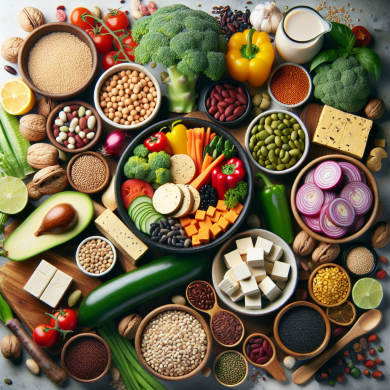
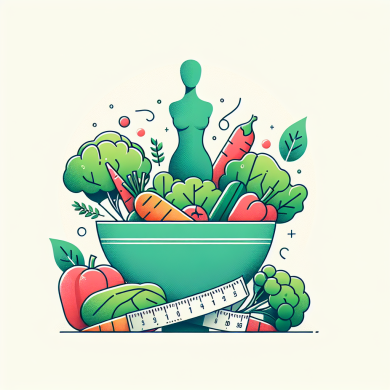
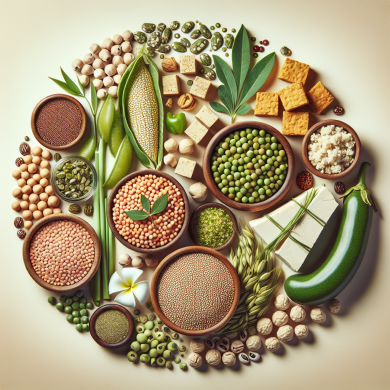
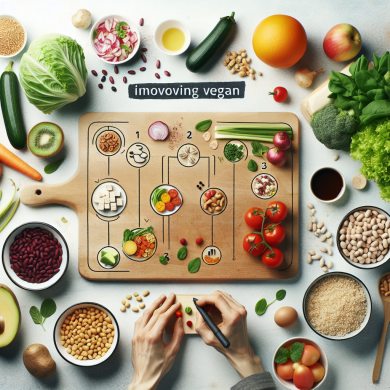
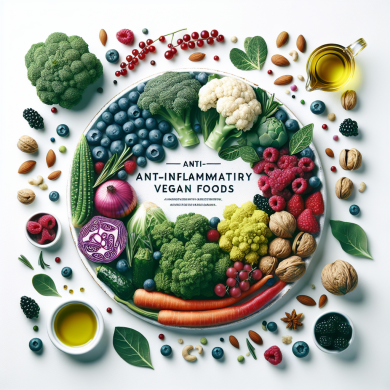






Add comment